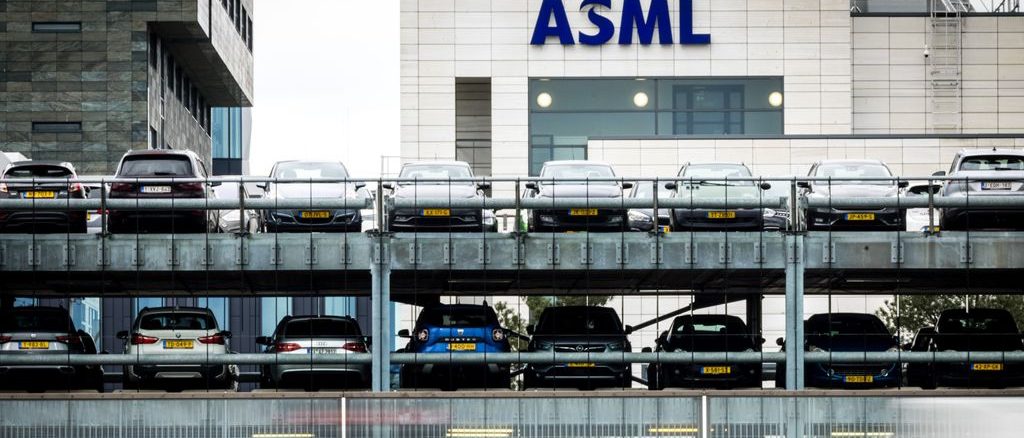
An Innovative Discussion
The outgoing cabinet’s decision to invest billions in the chip sector was received with open arms by chip machine makers ASML and chip manufacturer NXP of the Eindhoven region. However, some uncertainties still persist. The investment plan seeks to preserve the sector which has a major prominence in the region. Brainport chairman and Eindhoven Mayor, Dijsselbloem played a significant role in the decision making, priding in the fact that Eindhoven is home to the world’s largest chip making company, ASML. Despite welcoming the decision, ASML has made no explicit assurance that their anticipated growth will definitely happen within the Netherlands. ASML is in an advanced stage of decision-making and has indicated speculations for possible focus on their home nation, the Netherlands.
Critical Role of Education
The Education sector has also seen a significant positive impact from the Cabinet’s decision, with institutions like the Fontys Hogeschool, Summa College, and TU Eindhoven terming the move as a major stride towards expanding the number of students taking technical disciplines. While the project is greatly associated with ASML, it aims to keep more tech companies in the region. The project focuses on enhancing education, improving infrastructure, and creating additional housing in the region. These moves will contribute to improving the business ecosystem and making the location more attractive for tech companies.
Exploring Export Controls and Tax Policy
Dijsselbloem admits to two factors less within his control that could influence continuity. A chief concern is export regulations, especially those affecting ASML’s distribution to China. In recent years, these restrictions have increasingly become more stringent, and the government has vowed to facilitate better European coordination on the issue. The tax policy is another issue of concern that affects all businesses in the Netherlands. Tax benefits for corporations have been scaled back to fund other plans – a move that has been met with dissatisfaction among the chip sector industries.
Government vs Business on Share Purchase and Taxation
The purchase of own shares, currently untaxed but subject to a new 15 percent levy, raises another point of contention. The tax could cost companies between tens to hundreds of millions of euros annually, a cost they wouldn’t incur elsewhere. Such costs are a hard sell to international companies explaining to overseas shareholders and directors. In their communication to parliament discussing the billion-dollar boost, the departing cabinet acknowledges business concerns over the issue. Conversely, the final decisions on the plans lie with the House of Representatives.
Uncertain Future Nonetheless Promising
The proposed political changes relating to tax policy, among others, might require more time to be fully implemented. However, Mayor Dijsselbloem remains optimistic and ends by extending an appeal to Hague’s politicians, inviting them to allow the Netherlands to be the breeding and receiving ground for international talent, confirming that, “These companies bring top talent from all over the world. PhD physicists come here to help build the next smart machine. Please let us welcome them to the Netherlands”.

Be the first to comment